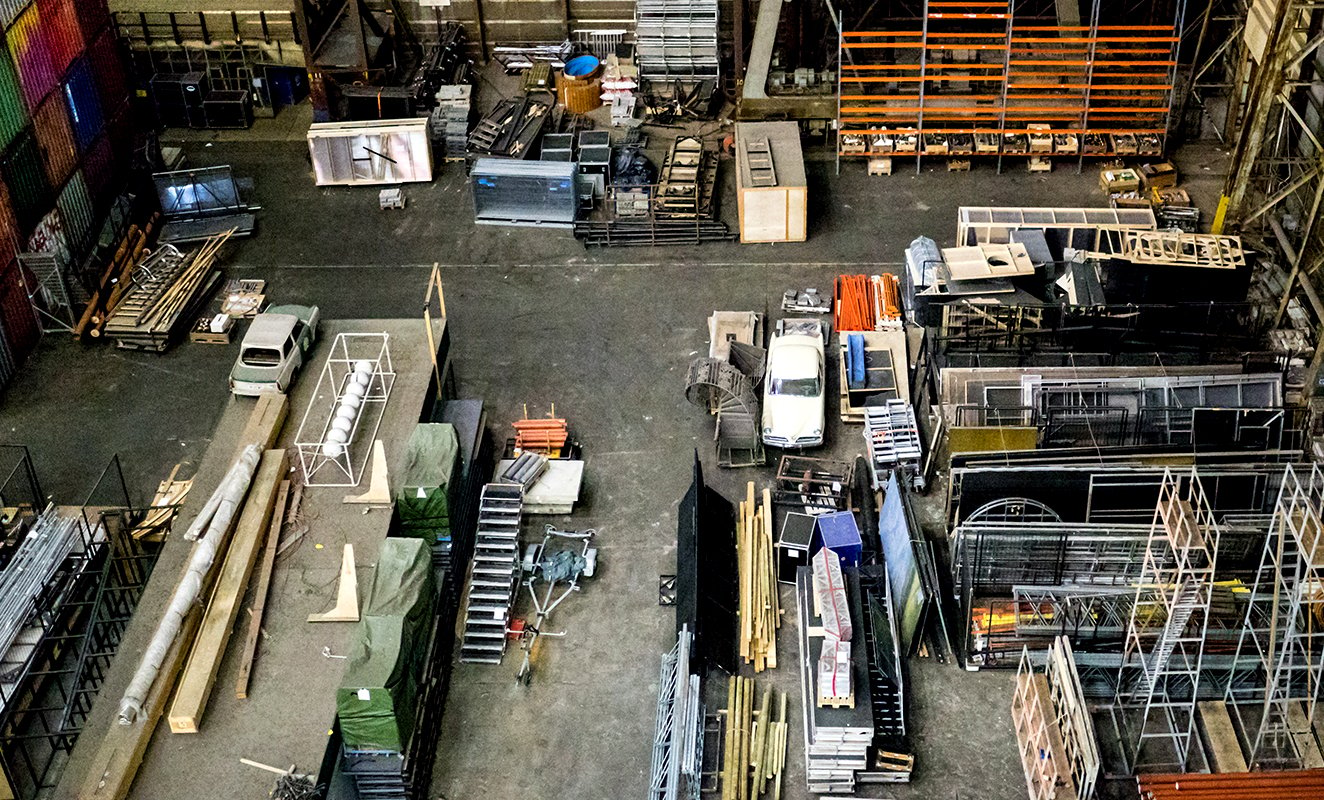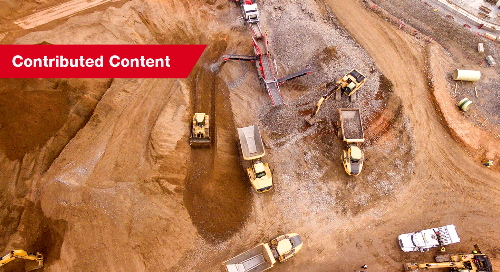Unfortunately, the unprecedented COVID-19 situation has shown that businesses are not fully prepared to deal with it. Gartner’s recent business continuity survey showed that only 12% of organizations are fully equipped to deal with the brunt of the novel coronavirus crisis. And even those that had such means and policies in place before COVID-19 struck are still struggling because they were not able to put them into action before it was too late.
The government’s stay-at-home orders have forced many businesses to temporarily stop normal operations and find opportunities to continue business while staying at home. Business owners have offered flexible work arrangements to their employees as a short-term measure. Unfortunately, scientists are yet to discover a vaccine and this work arrangement is more likely to be the norm in the months to come.
The Impact of COVID-19 on the Construction Industry
As the number of COVID-19 cases all around the world increases, the impact of the disease on many industries will evolve in the coming months. The construction industry, one of the sectors that are largely affected by economic upswings and downturns, is one of the hardest hit. A lot of construction business owners fear that this may be a repeat of the 2008 global economic recession that took the industry years to recover from.

The measures enacted by both the federal and state governments have caused construction projects to operate in a limited capacity. According to a survey conducted by the Associated General Contractors of America, around 40% of construction firms have reported layoffs due to the cancellations of upcoming projects and shortages in equipment and materials. But even before the coronavirus crisis struck, the industry was already reeling from a 1.3% drop in spending in February and this will only decrease further as the pandemic continues.
The novel coronavirus crisis has an extensive impact on construction projects themselves. Most construction firms will have to deal with project delays and longer completion times. There may even be a total stoppage of work as the number of employees will be significantly reduced and the supply chain severely disrupted.
In order to minimize the impact of COVID-19 on construction operations, business owners need to analyze the situation and explore opportunities to support business operations. The continuity of all areas of running a construction business must be considered--from accounting and finance, ensuring the timely filing of preliminary notices and other compliance requirements, and field operations. One critical aspect that needs granular focus is construction inventory management.
Importance of Construction Inventory Accuracy During COVID-19
The impact of COVID-19 has been felt throughout supply chains worldwide, especially in construction. The production of supplies and construction equipment has been slowed down or even halted, prompting construction firms to wonder how to manage existing inventory and procure additional materials when they are depleted.

Construction inventory management is a critical part of construction processes. Especially for construction firms that have multiple projects to manage, keeping track of construction materials, consumables, tools, and equipment can become very complicated. Effective management of inventory has a significant impact on profitability. After all, any misplaced or lost supplies or equipment can cause unnecessary costs and avoidable delays.
Measuring and tracking inventory accurately has always been essential to smooth construction operations. Accurate inventory data decreases the cost of carrying inventory in warehouses, storage facilities, and sites. It creates a well-oiled construction workflow by ensuring the materials, tools, and consumables needed are on hand and properly stocked. It also allows inventory managers to understand the trends in material use and forecast future demand.
Updated and accurate inventory records will inform project managers when to order new items. If your warehouse is understocked, you may not have enough materials, tools, and equipment to fulfill your work obligations. If you are overstocked, your storage facility will be overcrowded and the construction site itself can become disorganized. Sorting these out can take a lot of time and significantly delay the project. And with the supply chain disruptions due to COVID-19, the delay can take even longer.
The lack of organization and accuracy in your inventory can also affect your relationship with clients and project stakeholders. Failing to meet client expectations especially with delays due to inventory mismanagement can affect your chance of doing any future business with them. They may even not recommend you at all to their industry peers.
Inventory Management in the Time of COVID-19
Ensuring that your construction inventory is accurate and updated is critical in these trying times. You may have to revisit how you perform inventory audits pre-COVID and identify opportunities for improvement and adjust it to the current situation. There are plenty of ways to audit current inventory levels, but with the COVID-19 situation, it is time to leverage new tech innovations for faster and more accurate auditing.

For instance, using digital inventory and tool tracking application software can drastically improve the efficiency of your inventory management. This type of software lets you manage your important assets from your computer, tablet, or smartphone even when you are far from the site and working at home. One useful feature of such apps is the tool history that tracks where and how your tools are used. This significantly reduces delays due to scrambling around and retracing steps to locate a lost item.
Aside from this, it may also be the right time to explore supplier alternatives. In this time where the transport of goods is severely limited, having a supplier close by will reduce your lead time, give you more control over your materials, and reduce overall costs.
As the world continues to battle the effects of COVID-19, ensuring the accuracy of your construction inventory is a big challenge. The sooner you can take control of your inventory management, the better your position will be to ensure business continuity.





